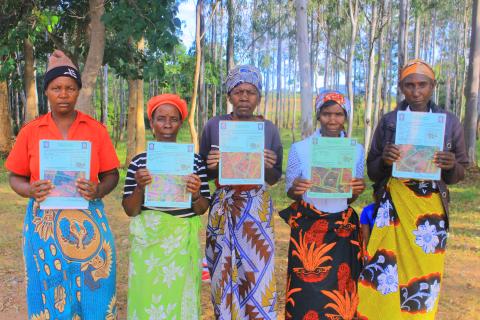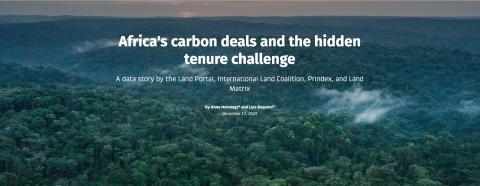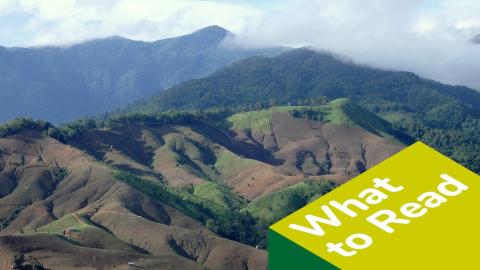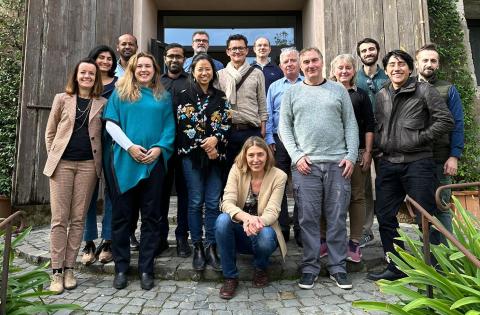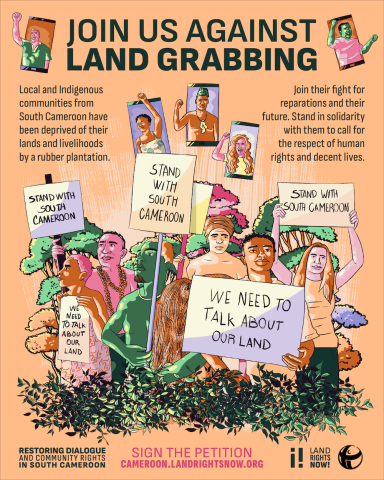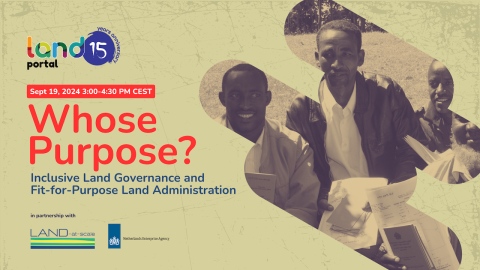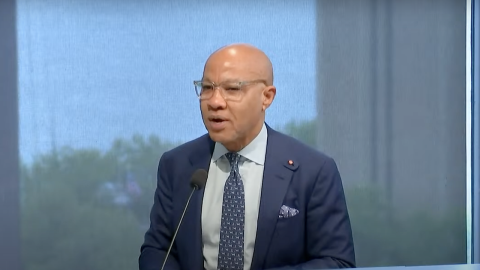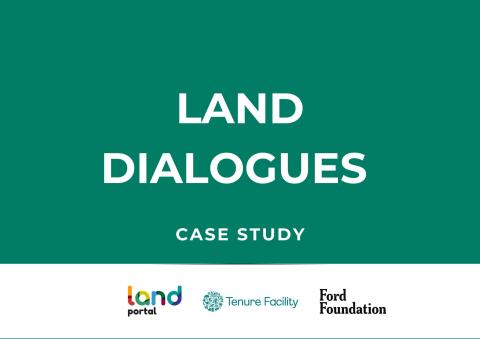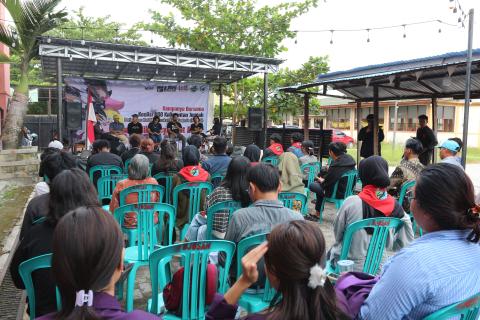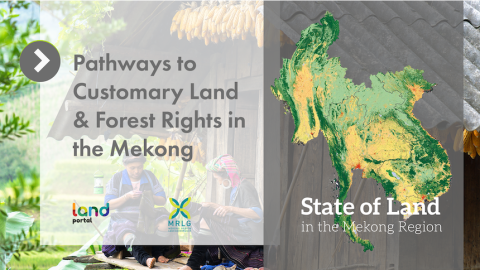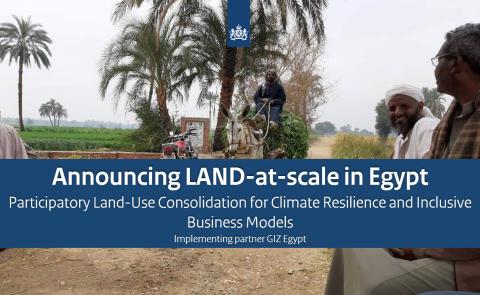Découvrez des histoires cachées et des voix non entendues sur les questions de la gouvernance foncière dans le monde entier. C'est ici que la communauté du Land Portal partage ses activités, ses expériences, ses défis et ses succès.
Issues
Geographical focus
C'est avec beaucoup de tristesse et d'inquiétude que le Land Portal a appris la nouvelle de la fermeture de l'agence américaine pour le développement international (USAID). Au cours de ses plus de 60 ans d'existence, l'agence a agi sur de nombreux fronts du développement international, en finançant et en gérant des milliers d'initiatives visant à garantir la santé, l'éducation, la sécurité alimentaire, l'autonomisation des femmes et, surtout, la bonne gouvernance foncière dans de nombreux pays du Sud.
Cet article de blog fait partie de la série Que lire(What to Read).
Avez-vous déjà entendu parler de la notion de « pertes et préjudices » (Loss and Damage en anglais) ? Je dois admettre humblement que je ne comprenais pas bien les tenants et les aboutissants de ce concept avant que l'on ne me demande de rédiger ce dossier. Si, tout comme moi, vos intérêts portent principalement sur la gouvernance foncière, il est fort probable que cette notion vous soit inconnue ou vaguement familière.
De la part de l'équipe et du Conseil d'Administration du Land Portal
Dans les villages bordant la vaste plantation d'hévéas de SudCam au Sud Cameroun, le contraste entre les promesses initiales et la réalité actuelle est saisissant. Plus de dix ans après l'implantation de cette filiale d'Halcyon Agri Corporation Limited, les communautés locales font face à une transformation radicale de leur environnement et de leur mode de vie.
Des débuts prometteurs, une désillusion rapide
Le webinaire Gouvernance foncière inclusive et gestion foncière adaptée : Quel objectif ? », qui s'est déroulé le 19 septembre 2024, a exploré la manière dont une approche holistique et centrée sur les personnes peut transformer la gestion foncière adaptée (FFPLA) et faire en sorte que l'administration foncière réponde véritablement aux besoins des communautés. Le webinaire, animé par Imke Greven, conseillère du programme LAND-at-Scale à l'Agence néerlandaise pour l'entreprise (RVO), a rassemblé plus de 275 personnes.
Les Dialogues sur le foncier nourrissent une communauté de confiance avec les Peuples autochtones, les communautés locales et les peuples afro-descendants en produisant des webinaires qui rassemblent des voix et des perspectives improbables. La semaine prochaine, The Dialogues sur le foncier sur le foncier se rendra à la New York Climate Week 2024, où le webinaire sera présenté en direct pour la première fois en quatre ans d'existence.
Au Burundi, petit pays enclavé de la région des Grands Lacs, la terre est bien plus qu'une ressource économique : elle est le fondement de l'histoire, des moyens de subsistance et de l'identité de millions de personnes. Cependant, le passé turbulent du Burundi, marqué par des cycles de conflits, de déplacements et de retours depuis les années 1970, a créé un réseau complexe de revendications territoriales concurrentes qui menacent les efforts déployés pour instaurer une paix et une stabilité durables.
Les peuples autochtones d'Indonésie et de nombreux
The Netherlands Enterprise Agency (RVO) is delighted to announce that LAND-at-scale has recently started in Egypt, being integrated into the broader Agricultural Innovation Project (AIP phase II) implemented by GIZ Egypt, co-financed by Federal Ministry for Economic Cooperation and Development (BMZ) and


